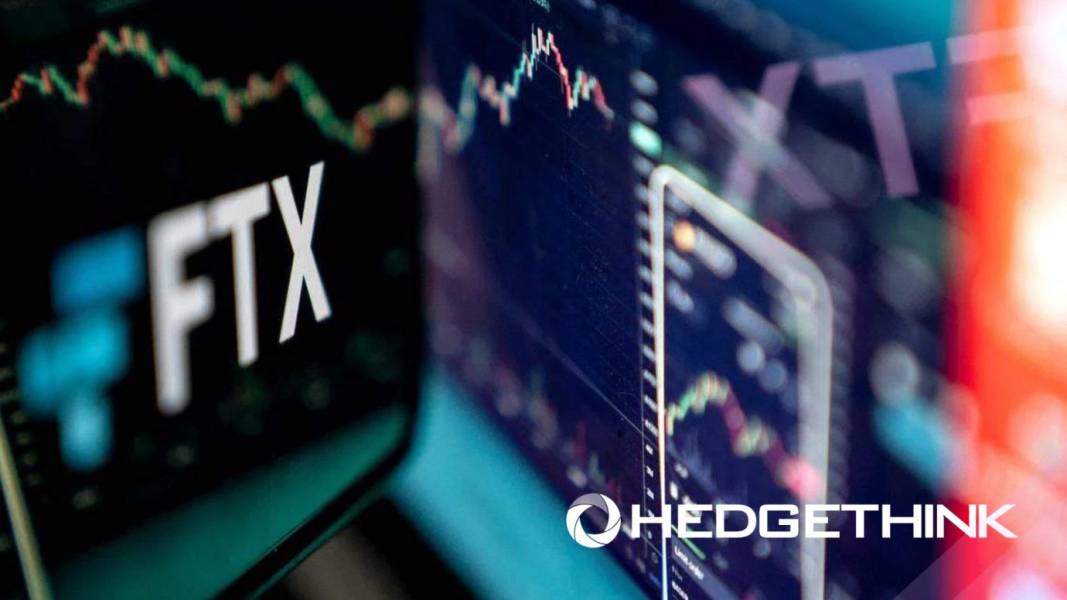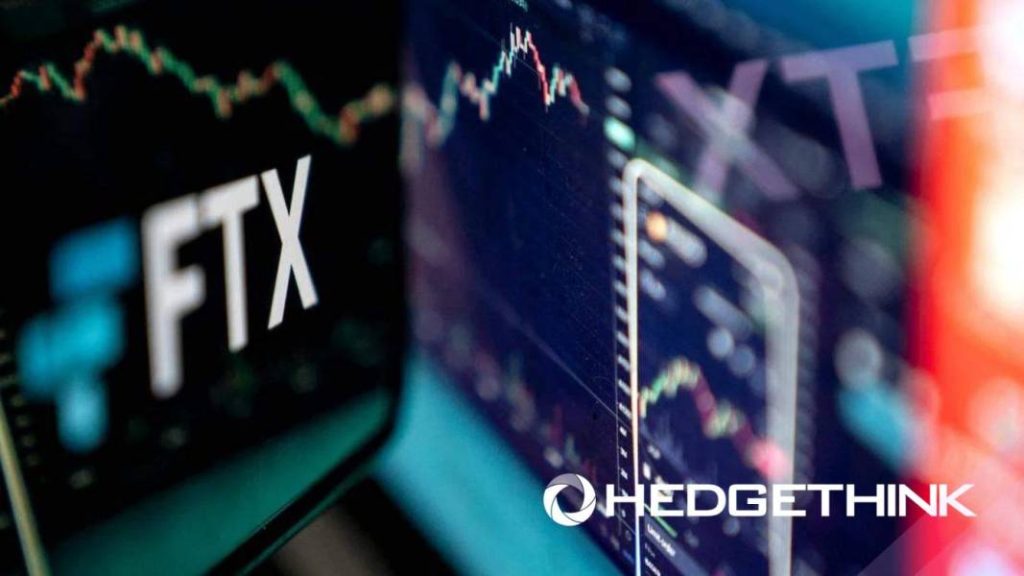• Battles likely between creditors over control of bankruptcy proceedings
• Cases launched by shareholders against senior FTX figures expected

FTX-related litigation looks certain to embroil creditors, shareholders and a range of financial institutions worldwide say multinational law firm Pinsent Masons. Jennifer Craven, Civil Fraud and Asset Recovery specialist at Pinsent Masons, says that there are likely to be three main categories of litigation related to FTX:
· Inter-creditor litigation: one emerging avenue for potential litigation is disagreements between the creditors themselves. This is due to the fact that some creditors are selling their rights to the bankruptcy proceedings to other creditors – a process known as ‘claims trading’. The effect of claims trading is that some creditors are building up their positions – perhaps to try to influence bankruptcy proceedings.
This increases the risk that some types of creditors, such as FTX’s thousands of individual customers, may feel side-lined by large institutional creditors who are better positioned to actively engage with proceedings. Smaller creditors may in this case decide to group together to sue larger creditors in an attempt to regain some control over the bankruptcy process.
· Recovery by creditors: creditors are also likely to take legal action against anyone who has received funds from FTX, as they try to claw back lost money through asset-tracing and other recovery methods. There is a likelihood of global litigation as creditors seek information from institutions, such as banks, regarding whether they hold any deposits from FTX. FTX currently appears unable to account for at least $1 billion in customer funds.
Recovery of assets is likely to prove more difficult than in previous large-scale recovery operations, such as the Bernie Madoff fraud, due to the fast-moving nature of cryptocurrency assets. It is likely that specialist crypto asset recovery lawyers will need to be retained, and a global tracing and enforcement strategy will need to be adopted in light of the multi-jurisdictional nature of the investigation.
· Litigation by equity investors: Finally, shareholders in FTX may decide to pursue litigation. Whilst shareholders typically end up at the bottom of the pile when it comes to reimbursing creditors, given the scale of possible fraud, shareholders may decide to take action against FTX senior management directly in an attempt to recoup some of their lost funds. Reports indicate that FTX used client money to prop up a sister company without the knowledge or consent of its clients and that millions of dollars were used to purchase properties in the Bahamas by FTXS senior management.
Hinesh Shah, Forensic Accountant at Pinsent Masons, says: “The FTX bankruptcy was always going to be messy. There is even a risk of disputes among creditors themselves, especially if larger institutions come to dominate the bankruptcy proceedings. We could see class actions by smaller creditors if they feel their interests are being ignored.”
“Lots of financial institutions are likely to receive demands from FTX customers looking to recoup some of their lost funds. If they fail to cooperate to the satisfaction of those customers, they could well face legal action too.”
“The legal fallout from this bankruptcy will rumble on for years and is likely to draw in a vast number of other financial institutions who had dealings with FTX and where customer funds may have been transferred to or through.”
In conclusion, the FTX bankruptcy can potentially cause a vast amount of legal disruption and entangle various financial institutions and creditors. With the multi-jurisdictional nature of the investigation and the complexities associated with cryptocurrency assets, the legal fallout is likely to be messy and continue for many years.
HedgeThink.com is the fund industry’s leading news, research and analysis source for individual and institutional accredited investors and professionals









